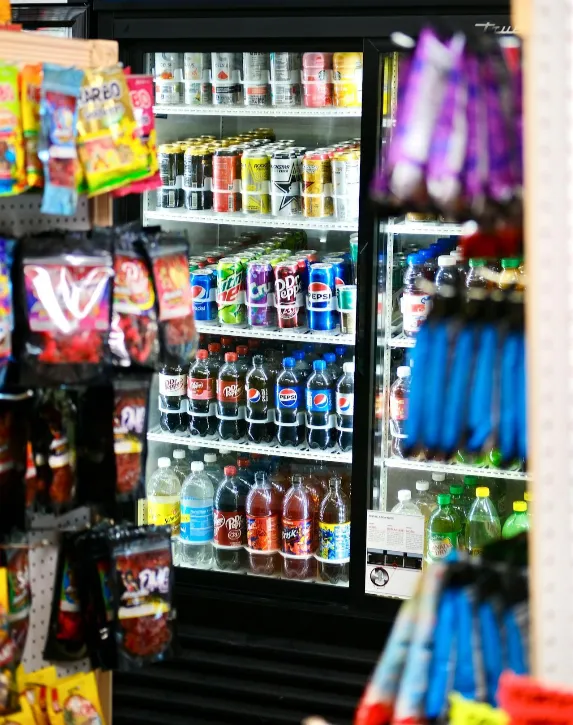Is your energy drink a health hazard? Uncovering the blood cancer connection
HEALTH

Taurine, a common ingredient in most energy drinks, has recently been linked to the progression of blood cancer.
Image: Freepik
It’s become the new normal. Kids and adults grabbing an energy drink before sunrise, sipping it like it’s a cup of rooibos. Forget breakfast, many South Africans, and others globally, now down a can of caffeine and taurine before school or work, treating it like it’s Kellogg’s in a tin.
Once reserved for hangover recovery, energy drinks have wormed their way into our daily routines. But just because something’s popular doesn’t mean it’s good for you.
According to a 2022 study by the South African Medical Research Council, energy drink consumption has sharply increased in South Africa, with an alarming number of high school learners admitting to drinking them regularly, some even daily.
"Health24" also reported that young adults are developing a worrying dependency, driven by high-stress lifestyles, poor sleep, and the need to keep up with demanding routines. It’s fast becoming an addiction, with some drinking up to three cans a day.
The problem is, just because something’s trendy doesn’t mean it’s healthy. Take Prime, for example, the celebrity-endorsed drink that took over school lunchboxes in 2023.
Despite its slick branding and influencer backing, health professionals quickly flagged it for its extreme caffeine content. Several countries even restricted sales to minors. And yet, the craze proved that if it’s viral online, it’s desirable offline, health risks or not.

Most energy drinks are packed with sugar and caffeine, often exceeding the daily recommended limit in one serving.
Image: Pexels
A common energy drink ingredient, taurine, has recently come under scientific fire. Found in popular brands like Red Bull, taurine is an amino acid naturally present in meat and fish, but when concentrated in energy drinks, it’s a different story.
Research published in the journal "Nature" revealed that taurine may fuel the development of leukaemia cells.
“As taurine is a common ingredient in energy drinks, and is often provided as a supplement to mitigate the side-effects of chemotherapy, our work suggests that it may be of interest to carefully consider the benefits of supplemental taurine in patients with leukaemia," researchers wrote.
In mouse models, taurine supplements accelerated disease progression and significantly increased the likelihood of death, showing a direct link between taurine and leukaemogenesis (the creation of leukaemia cells).
In simple terms, your favourite “boost” could be giving cancer cells the fuel they need to grow faster.
And taurine isn’t the only problem. Other studies have flagged the high sugar and caffeine content in energy drinks as major health risks.
A single can often contains more caffeine than a double espresso and upwards of 50g of sugar, contributing to heart palpitations, high blood pressure, and anxiety.
Over time, regular consumption can lead to heart issues, weight gain, and even diabetes.
So while that fizzy kick might feel like life in a can, the long-term risks are looking more like an early health crisis. Maybe it’s time to reconsider what’s in your morning routine.
Related Topics: